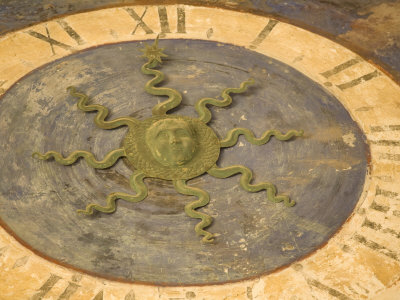The bells of the monastery were t be rung to signal the canonical hours; the mechanical clock was the technology that could provide precision to these rituals of devotion. And indeed it did. But what the monks did not foresee is that the clock is a means not merely of keeping track of the hours but also of synchronising and controlling the actions of men. And thus by the middle of the 14th century, the clock had moved outside the walls of the monastery, and brought a new ad precise regularity to the life of the workman and the merchant.
"The mechanical clock," as Lewis Mumford wrote, "made possible the idea of regular production, regular working hours and a standardised product." In short, without the clock, capitalism would have been quite impossible. The paradox, the surprise and the wonder are that the clock was invented by men who wanted to devote themselves more rigorously to God; it ended as the technology of greatest use to men who wished to devote themselves to the accumulation of money. In the eternal struggle between God and Mammon, the clock quite unpredictably favoured the latter.
Technopoly, p14-15

No comments:
Post a Comment